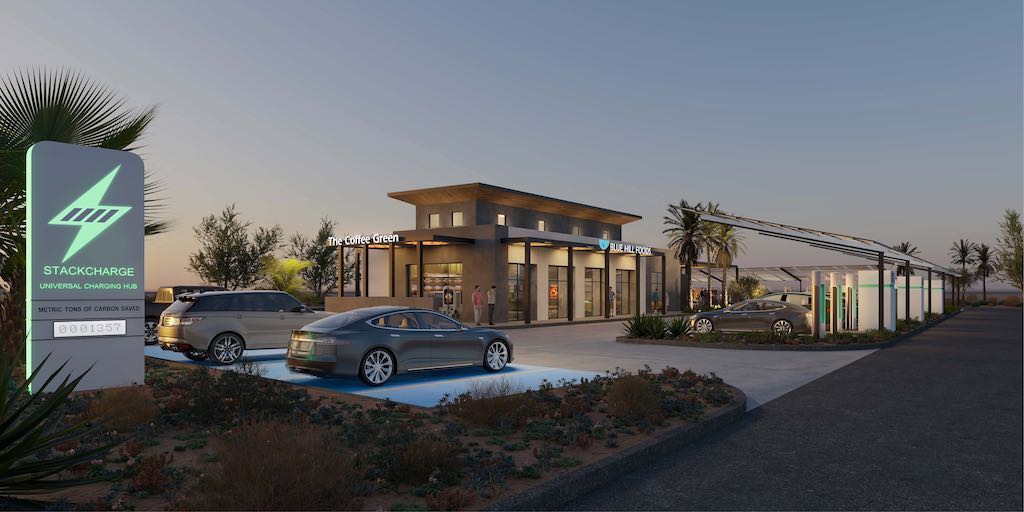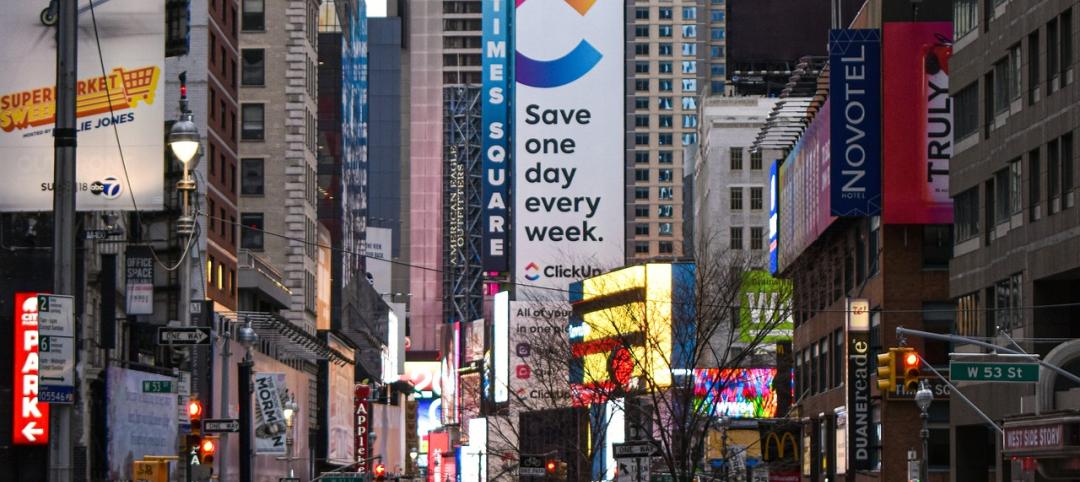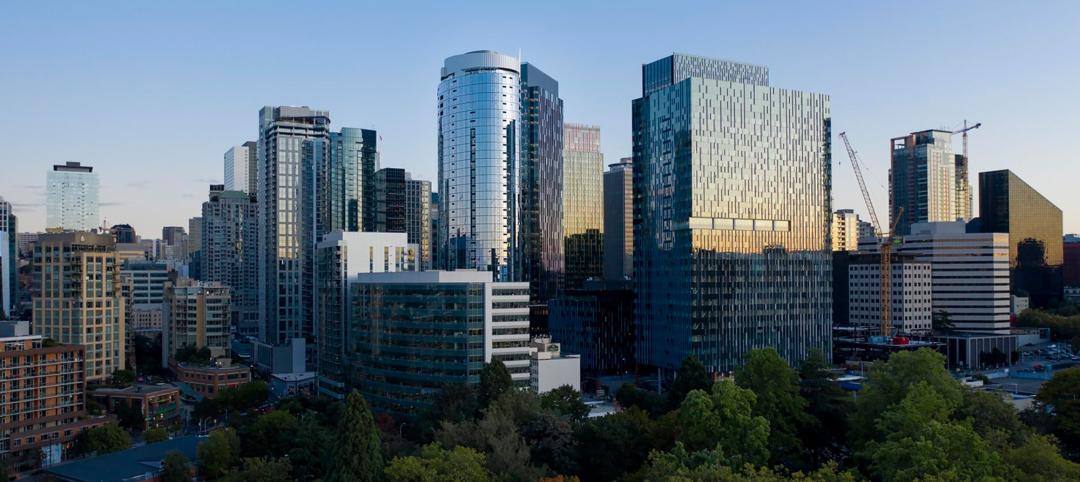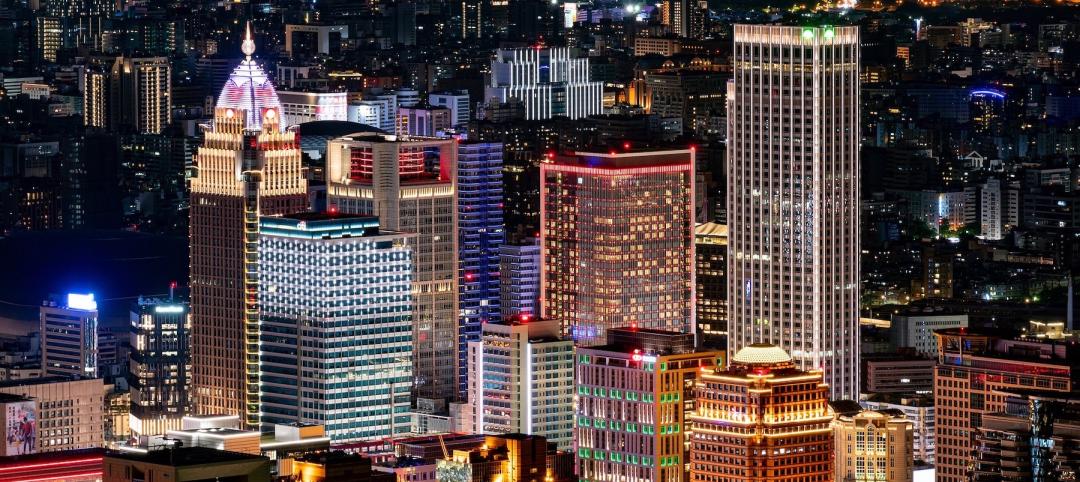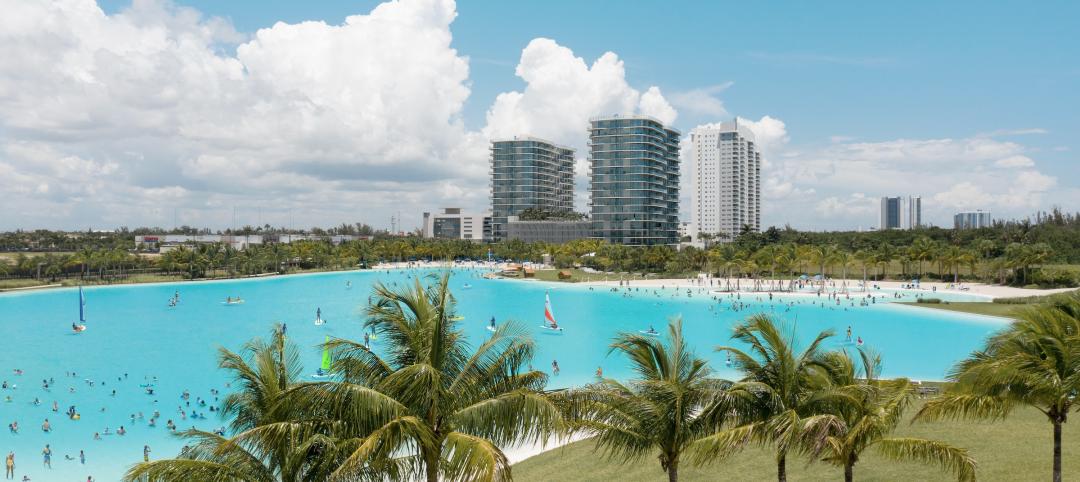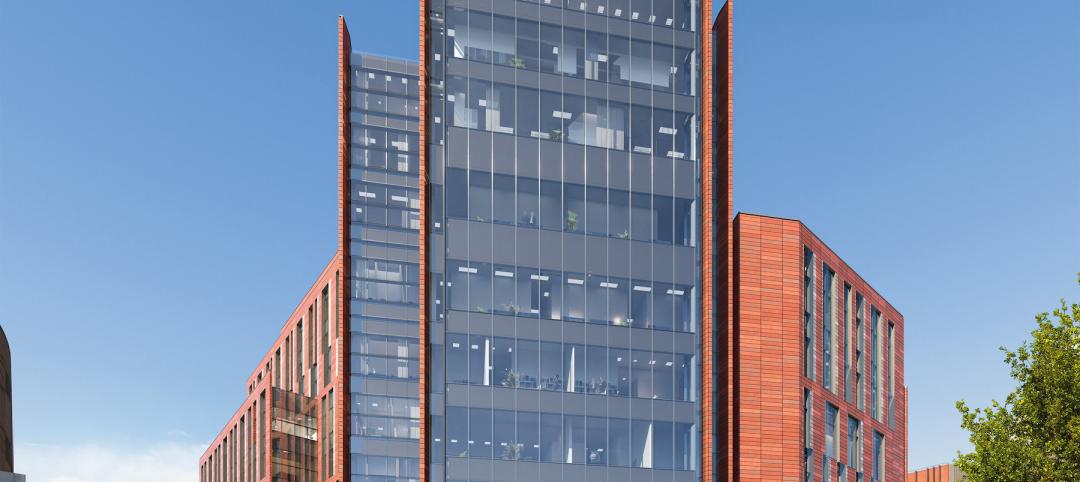There are just shy of 50,000 electric vehicle (EV) charging stations across the United States, according to Department of Energy estimates. But with anywhere from 35 million to 44 million electric cars and trucks expected to be on the roads by 2030 (compared to around 3 million today), the U.S. will need 1.2 million public chargers and 28 million private chargers to keep pace with demand, according to a recent McKinsey & Company report.
The federal infrastructure bill includes $7.5 billion for EV charging infrastructure, and President Biden has committed to adding 500,000 public chargers by 2030. There is also a slew of companies—including Tesla, ChargePoint, Electify America (which is partly owned by Volkswagon and Siemens), EVgo, and Volta—that’s building networks of Level 3 fast-charging EV charging stations, to say nothing of the partnership between General Motors and Bechtel to build thousands of fast charging stations.
Amid this jockeying for position, the startup LL Development plans to begin construction this fall on The StackCharge, an EV charging station that aspires to enhance the user experience with a quick-service restaurant, 24/7 restrooms, WiFi, and an outdoor lounge area. LL Development is led by entrepreneur Lawrence Fung and real estate investor Lester Ciudad Real, who spoke with BD+C about their concept and plans.
BIDING TIME WHILE RECHARGING
Fung and Real, both military vets, met as students enrolled in the Masters of Business program at the University of Southern California. They stayed friends but took circuitous career routes before forging their development company. According to LinkedIn.com, Fung also earned a degree in dentistry, and was a consultant for a clinical 3D printing app provider. Real spent two years with Goldman Sachs before shifting into real estate management and development.
Fung said the notion for The StackCharge can be traced to his own experiences using existing stations to recharge the Tesla he purchased 18 months ago. He observed that EV chargers, in the main, seemed to be set up to serve the shopping malls whose parking lots they were located in, rather than motorists waiting for their cars to recharge.
How to fill that time was the question. “Maybe the answer,” he recalled speculating, “was quick service food and other amenities” that might elevate the charging experience.
At the time, there were some concepts for EV charging stations floating around, including one conjured by Gensler and BMW Designworks that suggested ways to convert conventional gas stations to EV charging meccas. But Fung said he wasn’t convinced that most gas station operators were ready yet to change their business model, at least not until there was a lot more electric vehicles in use.
A CROWDED FIELD
The first StackCharge station, with 40 universal fast-charging ports, will be located on 1.29 acres in Baker, Calif., a pit stop between Las Vegas and Los Angeles. The nearly 2,500-sf retail pad on site—that once was a Starbucks—has a vacant existing drive-thru building that will be renovated and leased to a quick-service retail tenant. (LL Development has been working with the Los Angeles-based designer Side Studio.) The chargers will be able to recharge vehicles within 30 minutes for up to 200 miles of driving distance.
Baker is already served by Tesla Supercharger, EVgo, and Electrify America, so StackCharge will be entering an already competitive market. Fung quipped that electric vehicles are “iPhones with wheels,” and that his company plans to deploy digital marketing that targets drivers directly.
The first StackCharge is scheduled to open sometime next Spring. It will be the first of 10 stations in southern California that Fung and Real plan to open by the end of 2023. (The general contractor had not been selected at presstime.) Real said that the location of each site is seminal to its success. “We are looking to acquire sites that have strong retail real estate fundamentals and benefit from high transit traffic as we anticipate demand to skyrocket as EVs continue to dominate the market.”
StackCharge is being funded by co-development partners and family-office advisory firms. Eventually, Fung and Real plan to expand the concept to northern California and to other states.
Related Stories
Urban Planning | Apr 12, 2024
Popular Denver e-bike voucher program aids carbon reduction goals
Denver’s e-bike voucher program that helps citizens pay for e-bikes, a component of the city’s carbon reduction plan, has proven extremely popular with residents. Earlier this year, Denver’s effort to get residents to swap some motor vehicle trips for bike trips ran out of vouchers in less than 10 minutes after the program opened to online applications.
Urban Planning | Apr 12, 2024
New York City’s safest year for pedestrians due to concerted effort of street redesign, speed restrictions
In 2023, New York City recorded its safest year for pedestrians since record-keeping began in 1910. In a city of 8.5 million people, 101 deaths were due to vehicles striking pedestrians, less than one-third the number of the early 1990s. New York City ramped up its efforts to make walking and biking safer in 2014 when the city reduced its speed limit to 25 miles per hour.
Codes and Standards | Apr 8, 2024
Boston’s plans to hold back rising seawater stall amid real estate slowdown
Boston has placed significant aspects of its plan to protect the city from rising sea levels on the actions of private developers. Amid a post-Covid commercial development slump, though, efforts to build protective infrastructure have stalled.
Mixed-Use | Apr 4, 2024
Sustainable mixed-use districts: Crafting urban communities
As a part of the revitalization of a Seattle neighborhood, Graphite Design Group designed a sustainable mixed-use community that exemplifies resource conversation, transportation synergies, and long-term flexibility.
Codes and Standards | Mar 18, 2024
New urban stormwater policies treat rainwater as a resource
U.S. cities are revamping how they handle stormwater to reduce flooding and capture rainfall and recharge aquifers. New policies reflect a change in mindset from treating stormwater as a nuisance to be quickly diverted away to capturing it as a resource.
Urban Planning | Mar 17, 2024
A new report surveys city dwellers about urban living
Architects are rethinking the city of the future in terms of relieving resident challenges.
MFPRO+ Special Reports | Feb 22, 2024
Crystal Lagoons: A deep dive into real estate's most extreme guest amenity
These year-round, manmade, crystal clear blue lagoons offer a groundbreaking technology with immense potential to redefine the concept of water amenities. However, navigating regulatory challenges and ensuring long-term sustainability are crucial to success with Crystal Lagoons.
Urban Planning | Feb 5, 2024
Lessons learned from 70 years of building cities
As Sasaki looks back on 70 years of practice, we’re also looking to the future of cities. While we can’t predict what will be, we do know the needs of cities are as diverse as their scale, climate, economy, governance, and culture.
Healthcare Facilities | Jan 7, 2024
Two new projects could be economic catalysts for a central New Jersey city
A Cancer Center and Innovation district are under construction and expected to start opening in 2025 in New Brunswick.
Sustainability | Jan 2, 2024
Los Angeles has plan to improve stormwater capture and source 80% of water locally
Los Angeles County’s Board of Supervisors voted for a plan to improve stormwater capture with a goal of capturing it for local reuse. The plan aims to increase the local water supply by 580,000 acre-feet per year by 2045.


